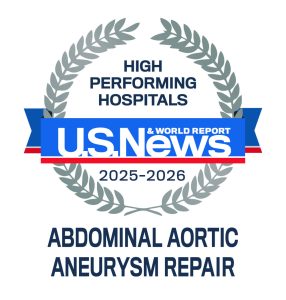
Every day, nearly 3 million people fly on an airplane in the United States, according to the FAA. Work, vacation, and visiting family are some of the most common reasons for air travel.
Once you’ve hit cruising altitude, some turbulence might feel like the worst part of the trip, but if you have a long flight ahead (four hours or more), there’s another, lesser-known issue to worry about as well. Sitting for too long affects your blood flow, and the longer you sit, the greater your risk of developing a blood clot.
Deep within the veins of our legs and thighs, blood clots, or deep vein thrombosis (DVT), can form and cause pain and swelling.
Essentially, staying seated during a lengthy flight interrupts the blood circulation to your heart. Not only that, being at such a high altitude causes dehydration, which in turn thickens our blood and increases the risk of clotting.
Blood clots that happen inside your blood vessels cause blockages, which can be life threatening.
If you have pre-existing health conditions such as cancer, obesity, varicose veins, a history of blood clots, diabetes, high blood pressure or cholesterol, or smoke, your risk of developing a clot increases.
There are simple steps you can take to protect yourself from developing a clot while in the air. When the flight crew turn off the seat belt sign and announce you are safe to move about the cabin, take that as your cue to stand up and stretch your legs.
If you are unable to leave your seat for any reason, these alternative suggestions will help increase your circulation:

Blood clots can affect virtually every part of the body and may lead to life-threatening conditions such as strokes, heart attacks, pulmonary embolisms, abdominal aortic aneurysms, organ damage or failure, and even limb loss.
Want to be proactive about your health ahead of your next trip? Talk to your doctor about vascular screenings. It’s a simple step that can make a big difference.
Vascular screenings are non-invasive, safe, and typically completed within 30 minutes. Most are covered by insurance. Early detection through vascular screening enables timely intervention, significantly improving outcomes and potentially saving lives.
The award-winning vascular team at Sisters of Charity Hospital stand as regional leaders in vascular care. Our surgeons deliver both surgical and non-invasive treatments at the largest, state-of-the-art aortic and vascular surgical center in the region, which has been recognized by U.S. News & World Report as one of the nation’s top hospitals for vascular care.
Find a Vascular Specialist Near You
Call (716) 706-2112